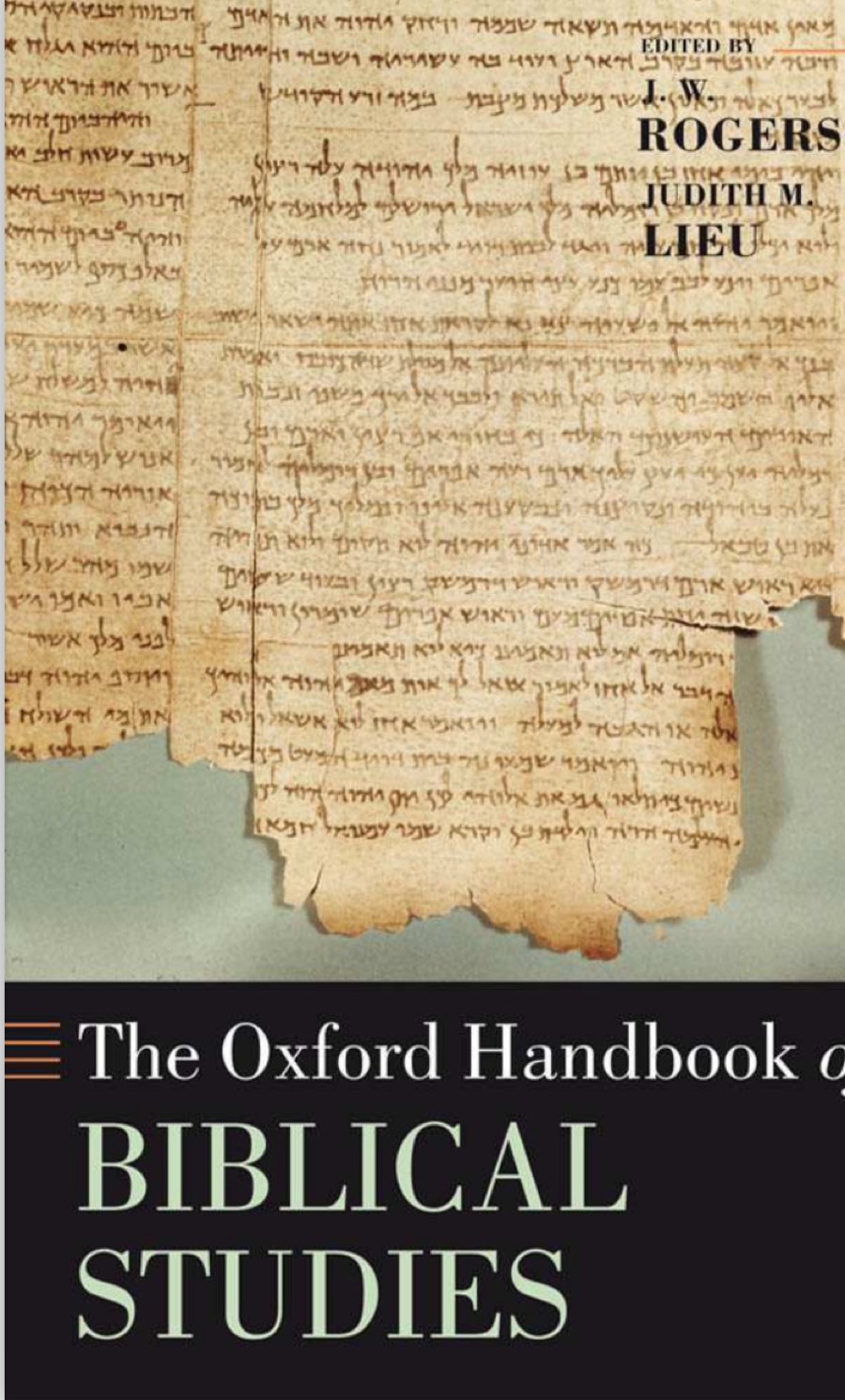THE OXFORD HANDBOOK OF
BIBLICAL STUDIES
Summary of The Oxford Handbook of Biblical Studies
The Oxford Handbook of Biblical Studies is an authoritative and comprehensive guide to the field of biblical studies. It provides scholarly insight into the history, methods, and current debates surrounding the study of the Bible, offering perspectives from a wide range of academic disciplines and traditions.
Key Areas Covered:
1. Scope and Purpose:
• Offers a global and interdenominational overview of biblical scholarship.
• Emphasizes the interdisciplinary nature of the field, incorporating history, theology, archaeology, linguistics, and literary studies.
2. Historical Contexts:
• Discusses the formation of the biblical canon and transmission of texts.
• Explores the historical settings of the Hebrew Bible (Old Testament) and the New Testament.
• Includes detailed analysis of Second Temple Judaism and Greco-Roman influences on early Christianity.
3. Textual Criticism and Languages:
• Covers ancient manuscripts, textual variants, and translation issues.
• Explains the importance of Hebrew, Aramaic, and Greek for biblical interpretation.
4. Interpretation and Hermeneutics:
• Examines traditional and modern interpretive methods, including literary, feminist, postcolonial, and reader-response criticism.
• Analyzes the development of exegesis from ancient through contemporary times.
5. Themes and Theology:
• Surveys key theological concepts in the Bible such as covenant, salvation, law, prophecy, and eschatology.
• Includes diverse theological perspectives—Jewish, Christian, and secular.
6. Reception and Influence:
• Explores the Bible’s impact on literature, art, music, politics, and culture.
• Assesses how biblical texts have been used (and misused) across history.
7. Contemporary Issues:
• Addresses the role of the Bible in ethics, social justice, and public discourse.
• Discusses modern challenges such as secularism, interfaith dialogue, and digital technologies in biblical studies.
Purpose and Audience:
The handbook serves as a foundational reference for scholars, students, clergy, and anyone engaged in serious study of the Bible. It aims to bridge traditional biblical scholarship with contemporary critical approaches, fostering deeper understanding and dialogue across academic and religious communities.

